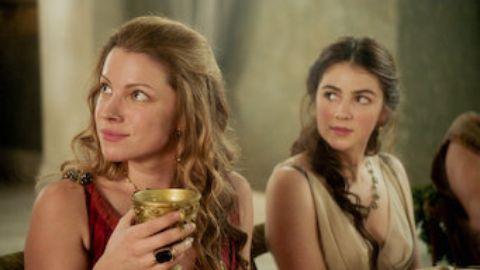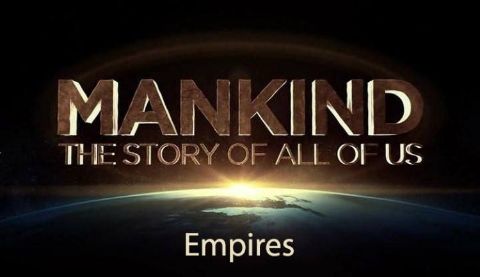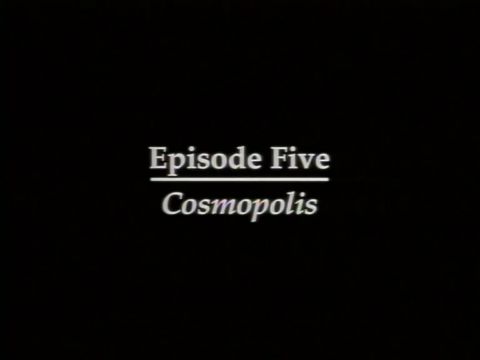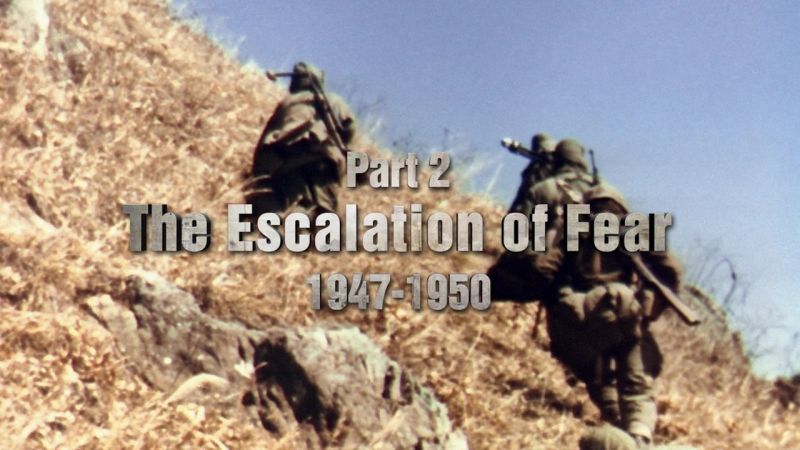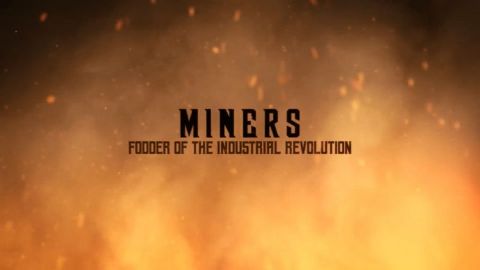The Queen and the Coup • 2020
It's February 1953, the first anniversary of Queen Elizabeth's reign. Little does the Queen know she is about to be deployed in a US plot to topple Iran's democratic leader in favour of an all-powerful shah. Planned by MI6 and executed by the CIA, the coup destroyed Iran's democracy and had an impact on relations between Iran and the West. Using declassified secret documents, this documentary reveals the truth of what happened in 1953.
Make a donation
Buy a brother a hot coffee? Or a cold beer?
Hope you're finding these documentaries fascinating and eye-opening. It's just me, working hard behind the scenes to bring you this enriching content.
Running and maintaining a website like this takes time and resources. That's why I'm reaching out to you. If you appreciate what I do and would like to support my efforts, would you consider "buying me a coffee"?
Donation addresses
BTC: bc1q8ldskxh4x9qnddhcrgcun8rtvddeldm2a07r2v
ETH: 0x5CCAAA1afc5c5D814129d99277dDb5A979672116
With your donation through , you can show your appreciation and help me keep this project going. Every contribution, no matter how small, makes a significant impact. It goes directly towards covering server costs.
